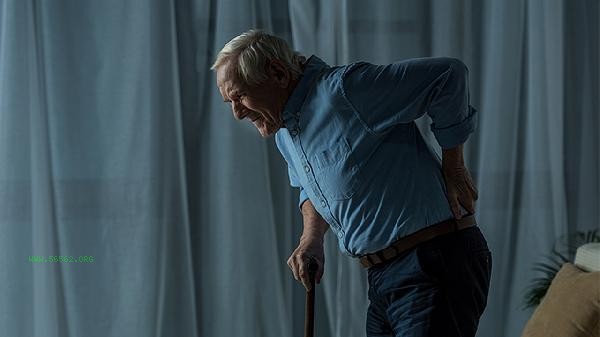Relieving muscle fatigue after exercise can be achieved by alternating cold and hot compresses, stretching moderately, supplementing water and electrolyte, ensuring adequate sleep, and relaxing with foam shaft.

1. Alternating between cold and hot compresses
Cold compresses on sore areas within 48 hours after exercise can reduce inflammatory reactions, with each cold compress lasting around 15 minutes. After 48 hours, switch to hot compress to promote local blood circulation and accelerate the clearance of metabolic waste. Be careful to avoid direct skin contact with ice packs or heat sources, and use a towel to wrap and isolate.
2. Moderate Stretching
Static stretching after exercise can help relax tight muscle fibers, with each stretching action lasting for more than 20 seconds, focusing on the muscle group that primarily exerts force during exercise. After running, it is necessary to stretch the quadriceps and hamstring muscles to avoid bouncing and stretching to prevent secondary injuries.
3. Supplement water and electrolytes
Timely supplement electrolyte drinks containing sodium and potassium after exercise to help restore fluid balance. Moderate intake of potassium rich foods such as bananas, or drinking diluted salt water. The amount of hydration should reach 1.5 times the amount of water lost during exercise, and drinking in small amounts in portions is more conducive to absorption.

4. Ensure Adequate Sleep
The growth hormone secreted by the human body during deep sleep can accelerate muscle repair. It is recommended to ensure at least 7 hours of sleep after exercise. Take a warm bath or meditate before bedtime to relax and avoid using electronic devices that can affect melatonin secretion.
5. Relaxation of foam shaft
Rolling compression of muscle fascia with foam shaft can effectively relieve delayed muscle soreness. Maintain core stability during operation, stay at pain sensitive points for 30 seconds, perform once a day, and avoid protruding joints and bones. The recovery of muscle fatigue after exercise requires comprehensive intervention. In addition to the above methods, attention should also be paid to nutritional supplementation. Within 30 minutes after exercise, consume foods containing high-quality protein and carbohydrates, such as chicken breast with whole wheat bread. Regular exercise massage is recommended for individuals who engage in long-term physical activity to improve muscle flexibility. Daily training should follow the principle of gradual progress to avoid excessive fatigue caused by sudden increase in exercise intensity. If muscle pain persists for more than 72 hours or is accompanied by swelling and fever, seek medical attention promptly to rule out muscle strains and other injuries.









Comments (0)
Leave a Comment
No comments yet
Be the first to share your thoughts!